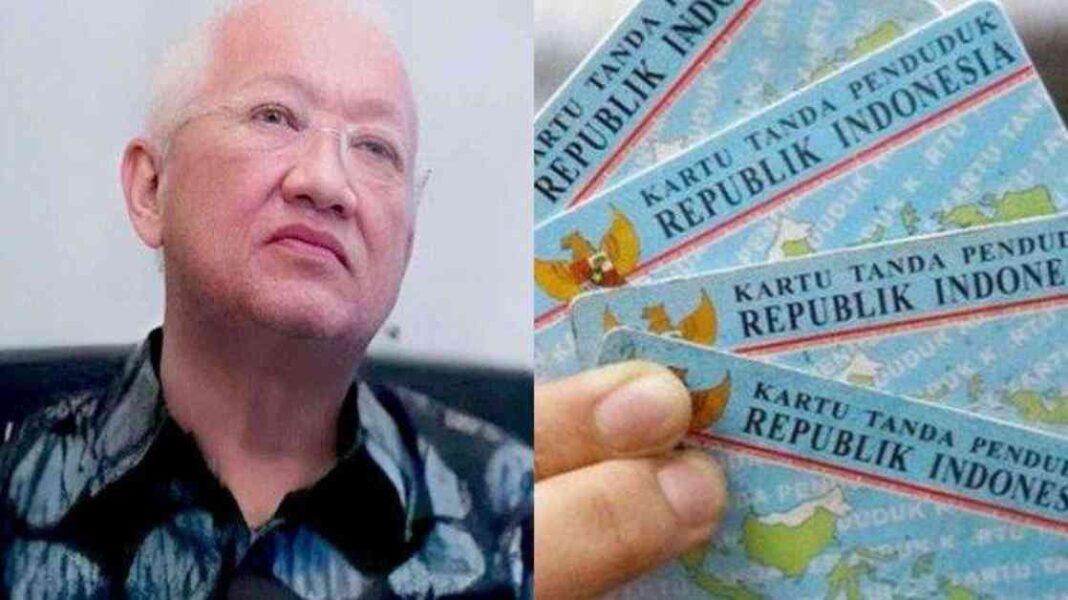The Arrest of Paulus Tannos in Singapore
Paulus Tannos, the fugitive in the corruption case of electronic ID card (e-KTP) procurement, has finally been apprehended in Singapore after being on the run for years. Singaporean authorities detained Tannos at the Changi International Airport in Singapore. This breakthrough in the case marks a significant step towards justice in the corruption scandal that has gripped the nation.
The Journey of Paulus Tannos
Tannos, who served as the CEO of PT Sandipala Arthaputra, was declared a suspect on August 13, 2019. Following this, his whereabouts became increasingly difficult to trace. Eventually, on October 19, 2021, Paulus Tannos was officially listed as a fugitive. He is believed to have fled the country under a new identity, Tahian Po Tjhin (TPT). Despite his attempts to evade capture, the authorities pursued Tannos relentlessly, with the Corruption Eradication Commission (KPK) collaborating with neighboring countries in the search.
The Pursuit and Escape
In 2023, Tannos was reportedly spotted in Thailand. However, his capture was thwarted due to a delay in the issuance of a red notice by Interpol. Karyoto, the Deputy for Enforcement and Execution at the KPK, highlighted this missed opportunity during a press conference, emphasizing that Tannos’ change of nationality posed a significant challenge.
Coordinated Efforts for Extradition
Currently, the KPK is working in conjunction with the Indonesian National Police, the Attorney General’s Office, and the Ministry of Law to fulfill the necessary requirements for Tannos’ extradition to Indonesia. Vice Chairman of the KPK, Fitroh Rohcahyanto, affirmed the ongoing coordination efforts and expressed the urgency of bringing Tannos to trial promptly.
Challenges and Legal Hurdles
Despite Tannos’ capture, the process of repatriating him to Indonesia faces obstacles due to his altered citizenship status. With his new passport, immediate repatriation is not guaranteed. The complexities of international extradition laws and procedures further complicate the legal proceedings surrounding Tannos’ case.
As we follow the developments of Paulus Tannos’ case, it serves as a stark reminder of the perseverance required in combating corruption and upholding the rule of law. The collaborative efforts of law enforcement agencies and international cooperation are crucial in holding perpetrators accountable, regardless of their attempts to evade justice. Let us reflect on the implications of such cases on our society and reaffirm our commitment to transparency and integrity in governance.










